This spring happens to be rich with events promoting research on aging. Just one month after the Undoing Aging conference, jointly organized by the SENS Research Foundation and the Forever Healthy Foundation, we are expecting yet another visionary event in Kazan, Russia that might prove to be another great gift to our community.
Supervised by one of the most active proponents of aging research in Russia, RAS Correspondent Member Dr. Alexey Moskalev, the fifth international Interventions to Extend Healthspan and Lifespan conference will be held in Kazan on April 23–25, 2018.
The conference will gather brilliant scientists from all over the world in one place. To make it more comfortable for international guests, an English translation will be provided for all talks.
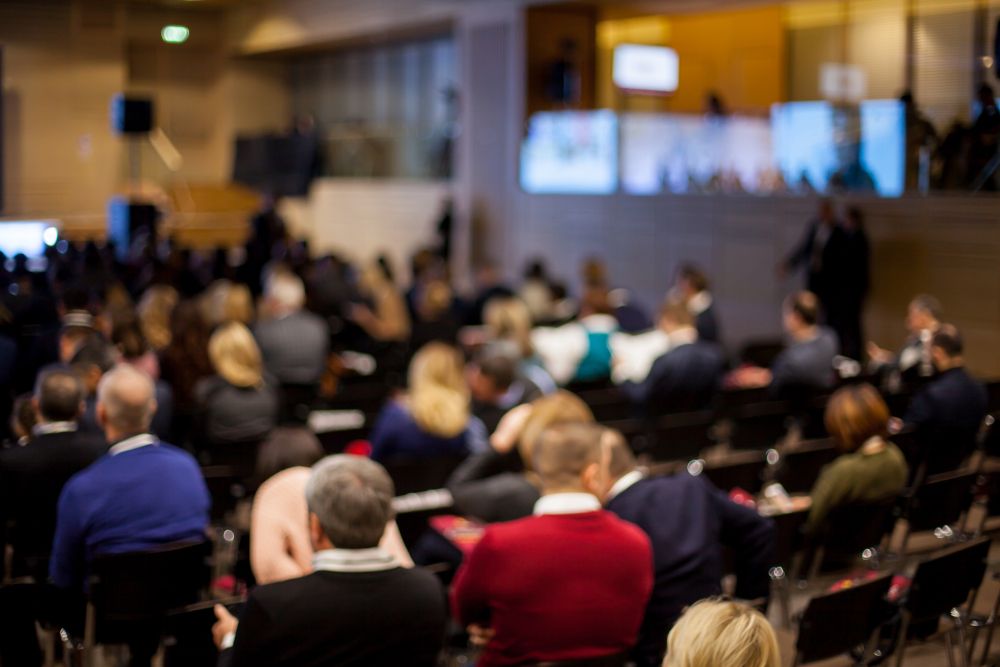

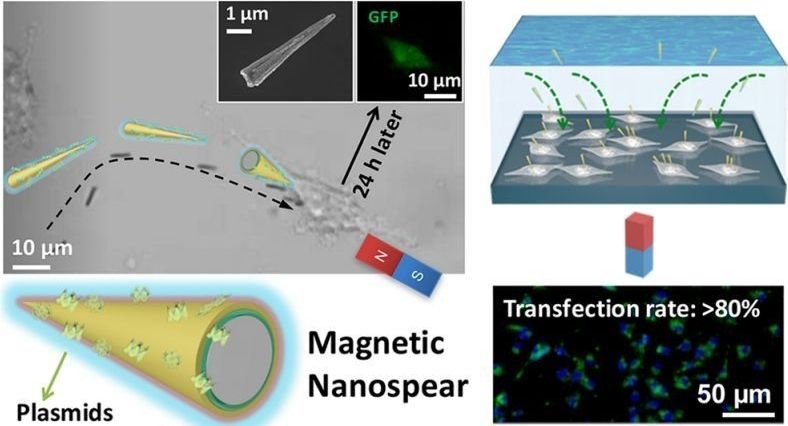
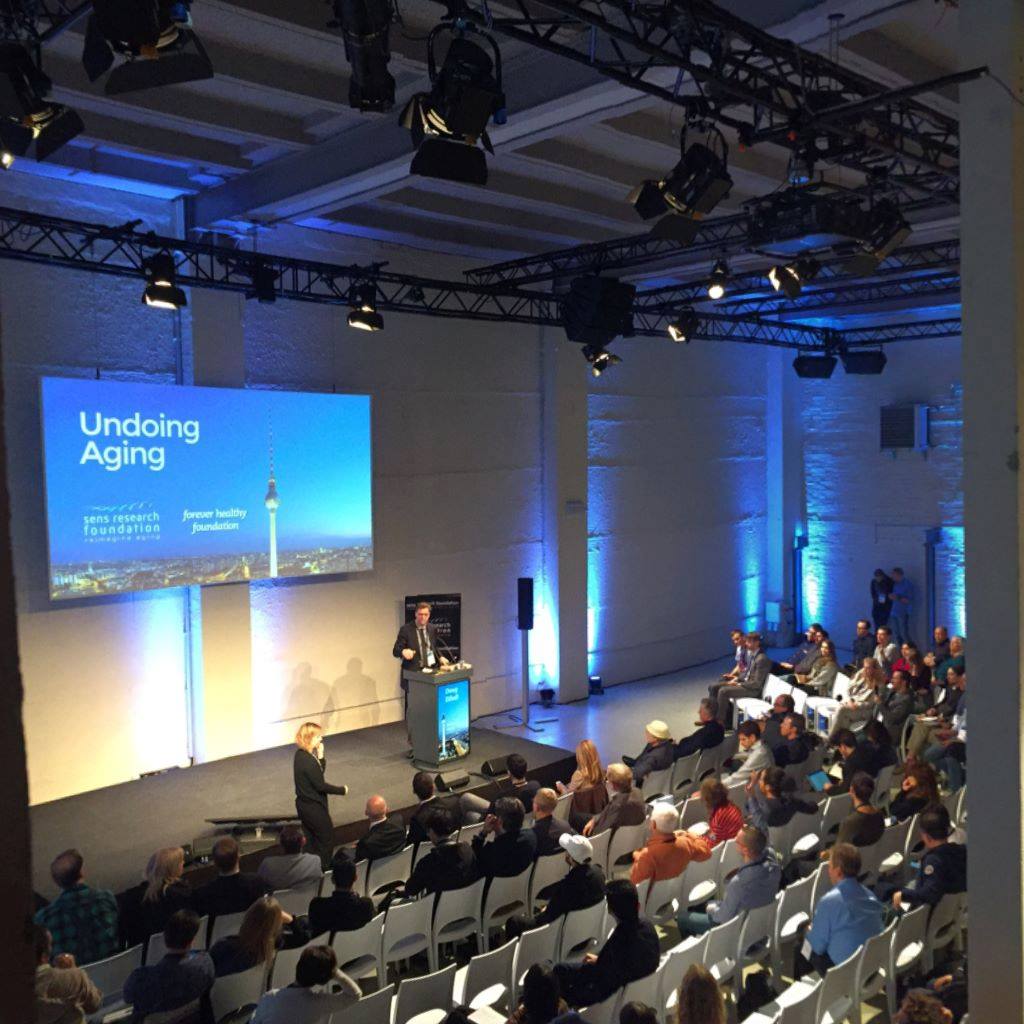
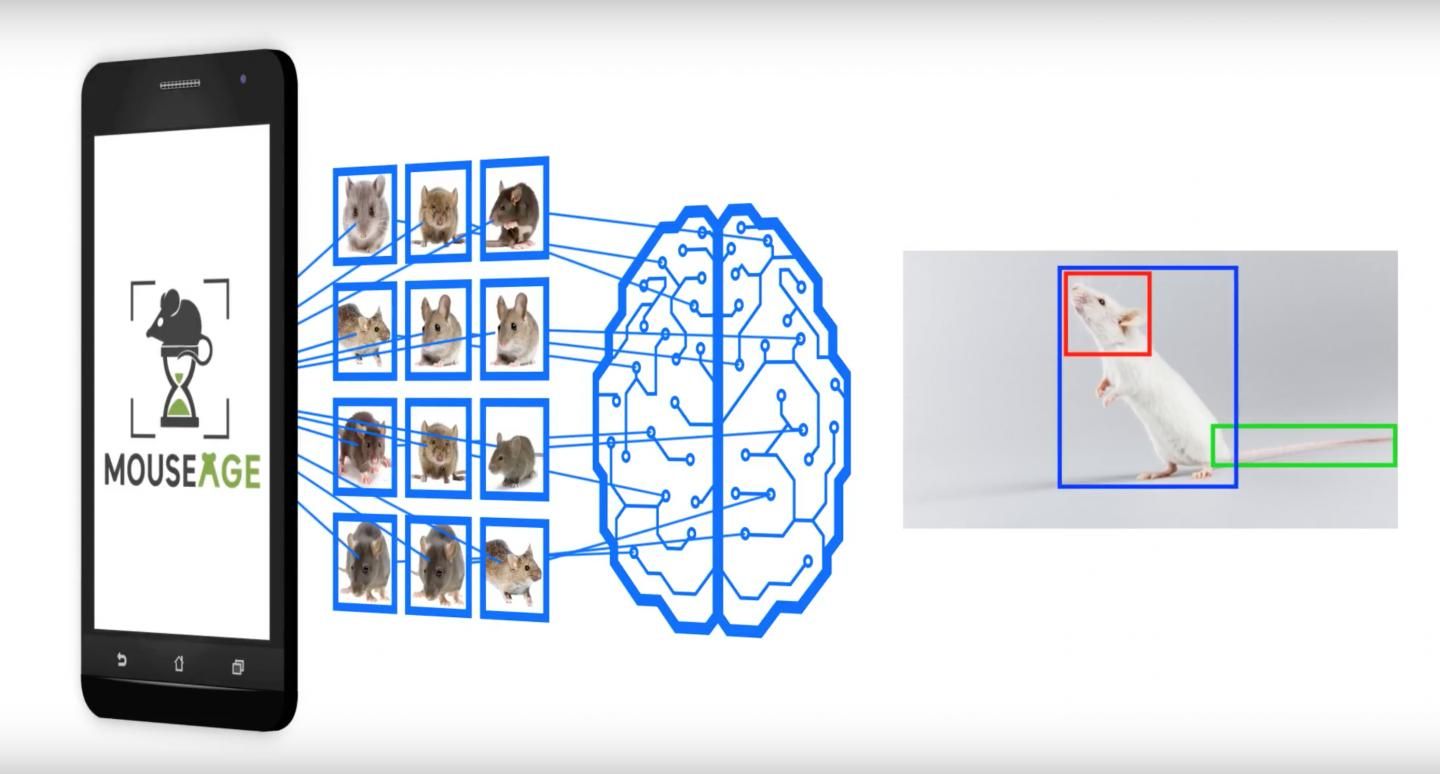
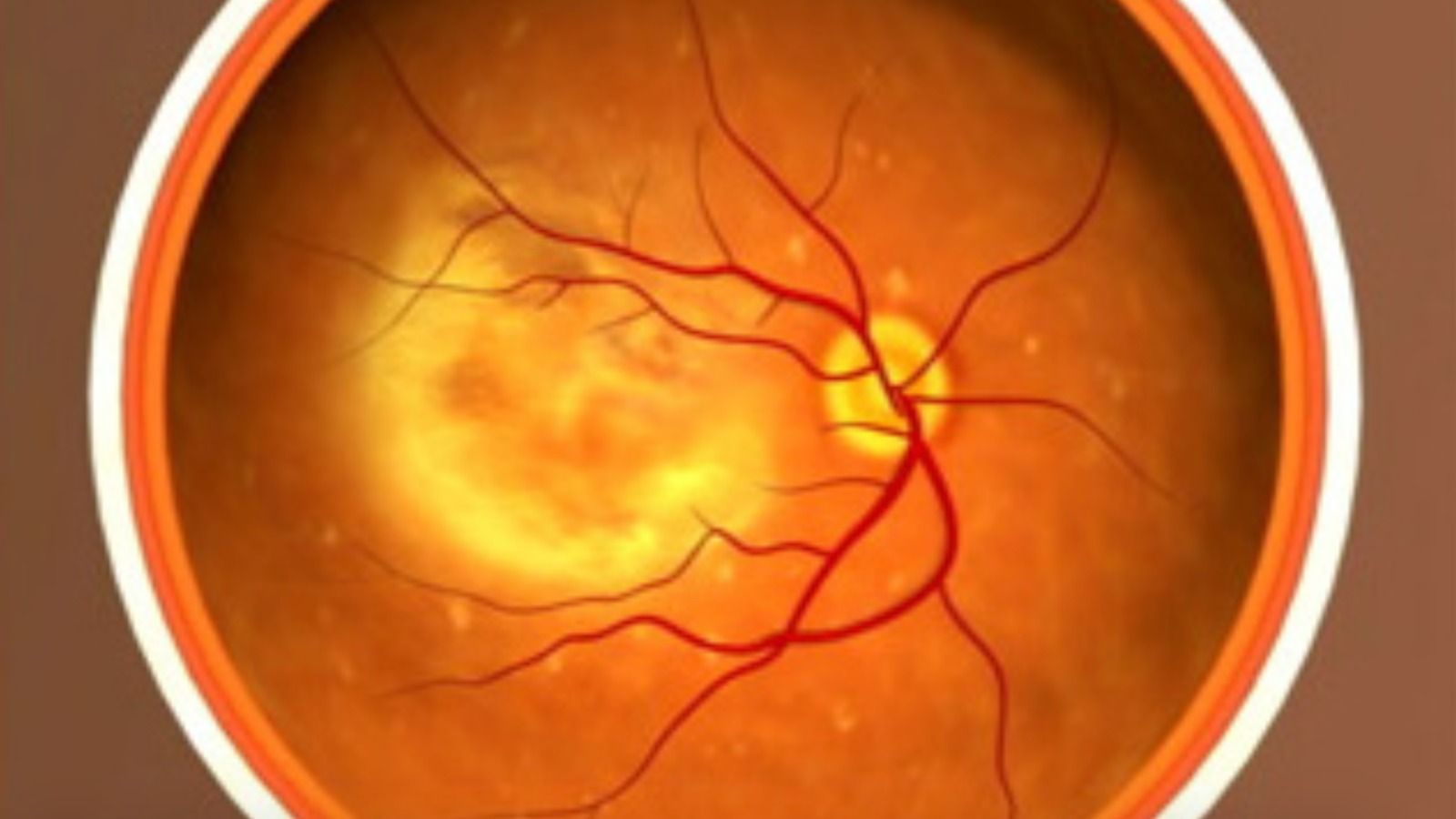
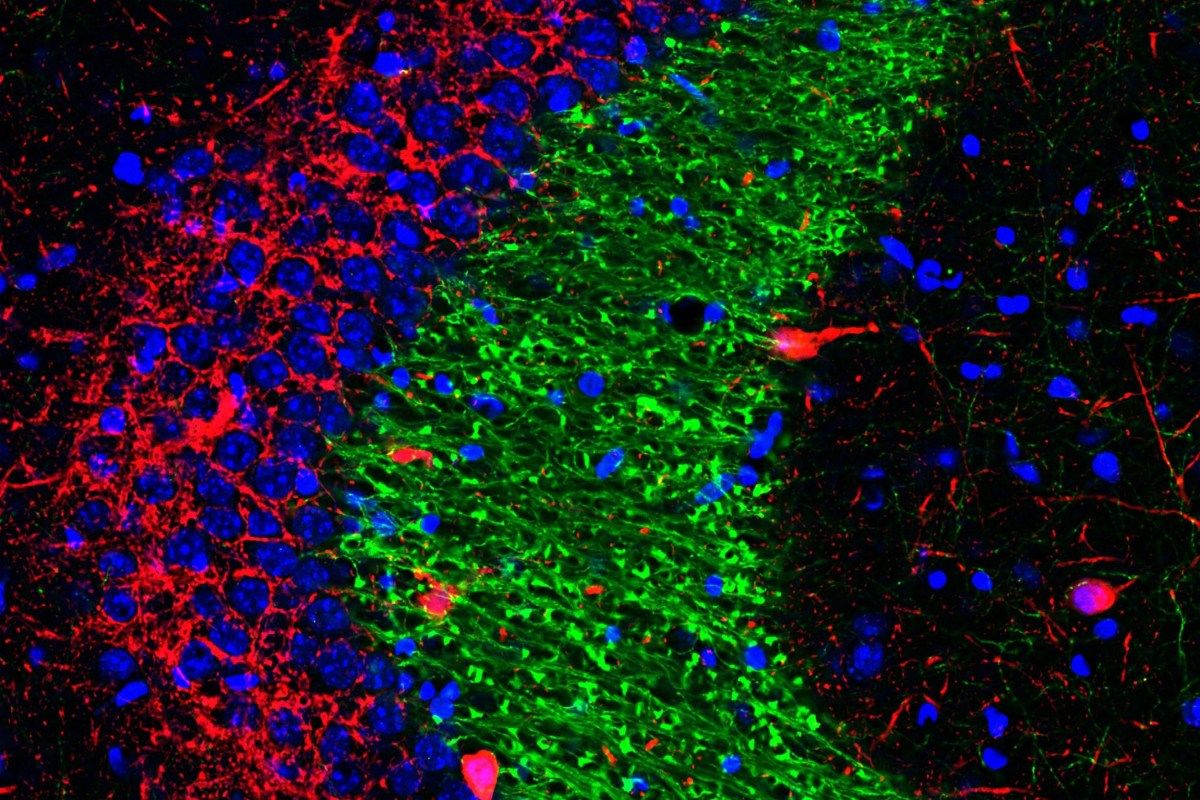
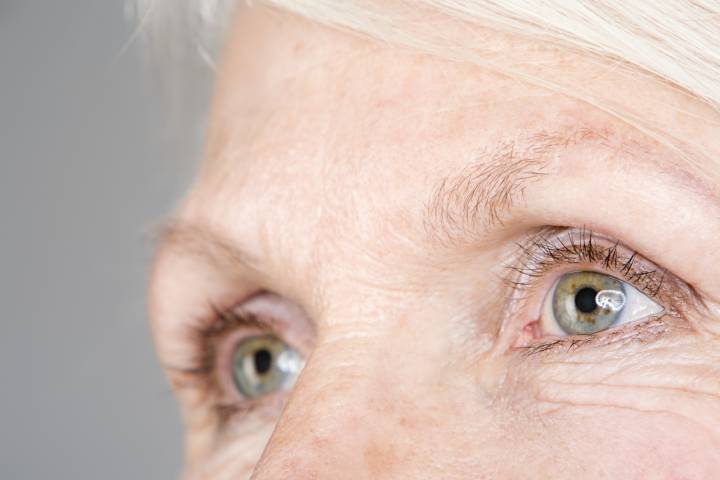
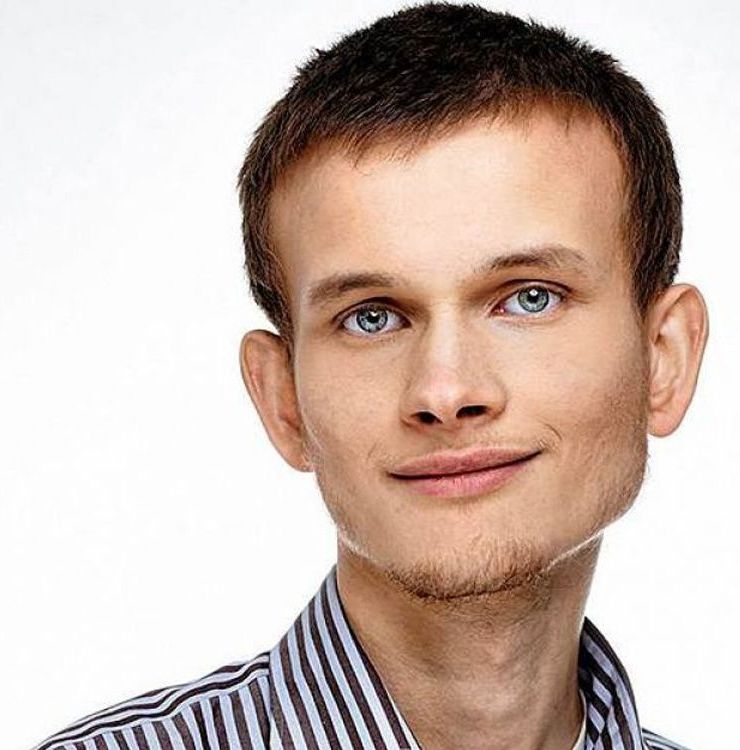
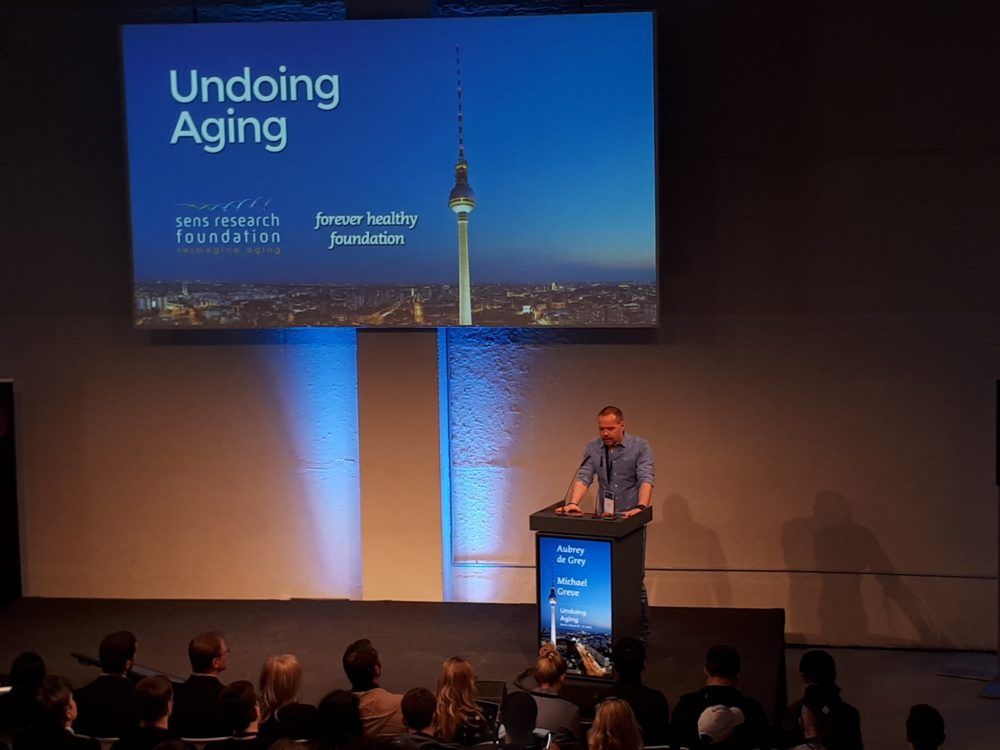
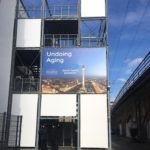 This was my first conference on aging, and I have to say that I was really impressed with the professional presentation and venue. I have been to many video game conferences in my life, and I have to say it was on par with such events, albeit on a somewhat smaller scale.
This was my first conference on aging, and I have to say that I was really impressed with the professional presentation and venue. I have been to many video game conferences in my life, and I have to say it was on par with such events, albeit on a somewhat smaller scale.